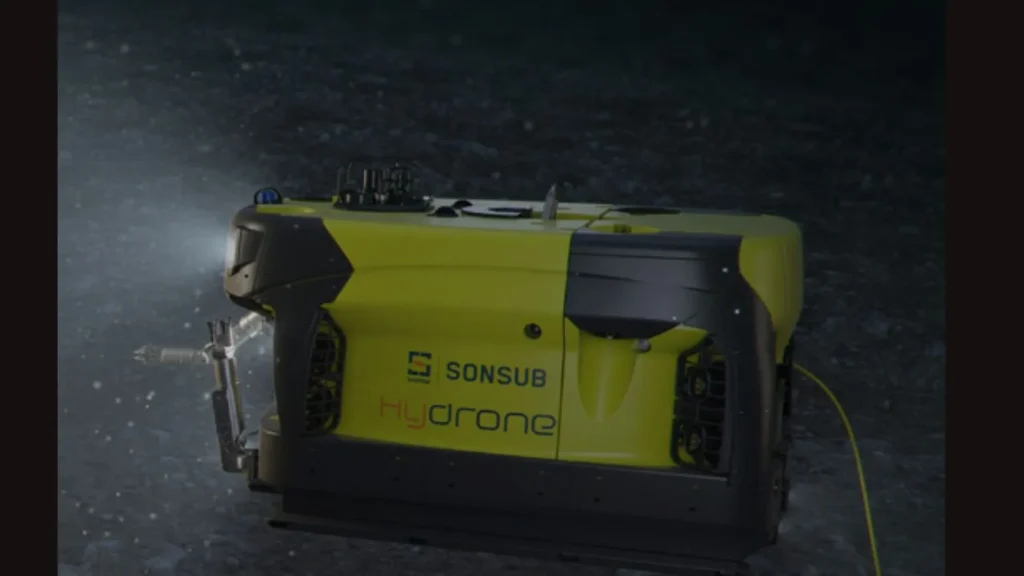
Meet Saipem Hydrones for underwater exploration
The FlatFish can reduce the CO2 footprint by 90% during its operations.

The FlatFish can reduce the CO2 footprint by 90% during its operations.
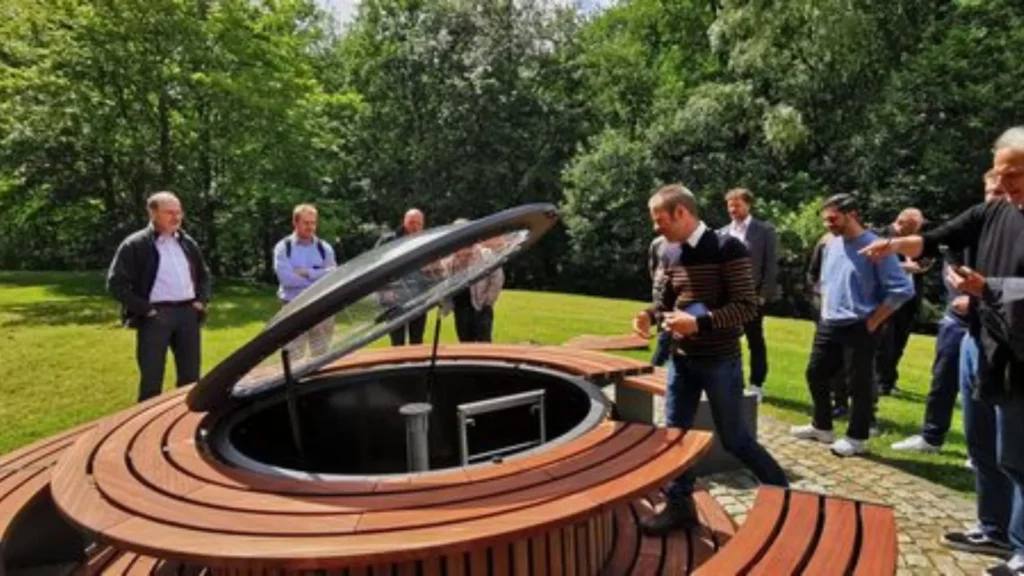
The GeoStar 2.0 system includes a removable Plexiglas dome that allows direct observation of the distribution well where the geothermal probes are located.
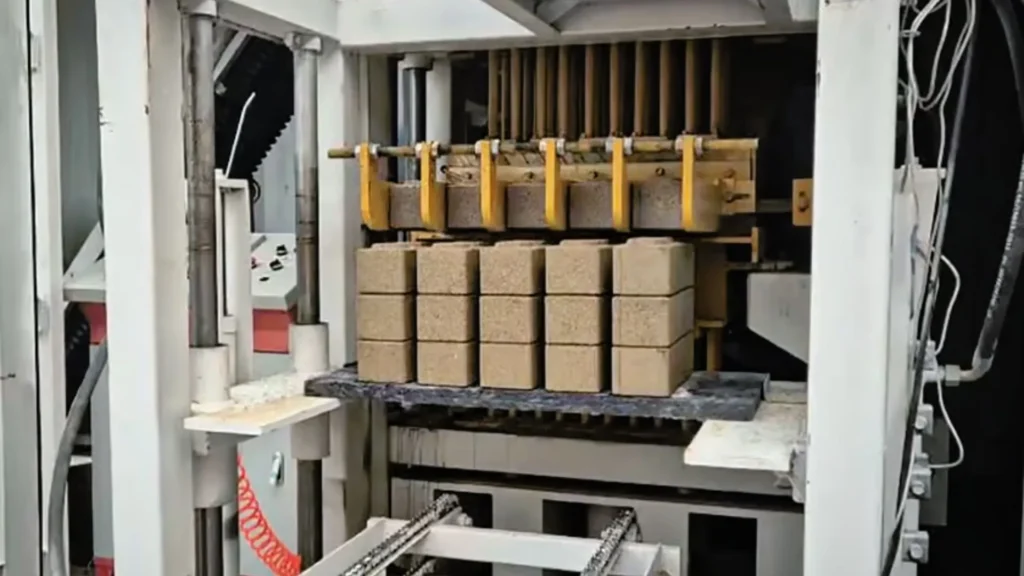
The mobile factory can produce up to 8,000 bricks per day, enough to build a school or ten small houses per week.
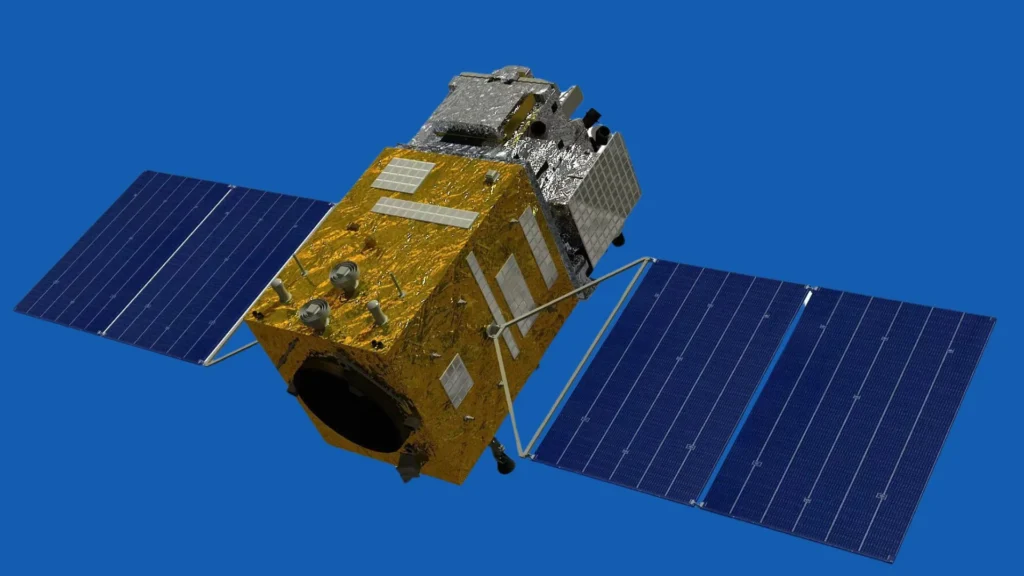
Chinese atmospheric satellite, one of the first in the world to use active laser detection for continuous monitoring of gases and particles.
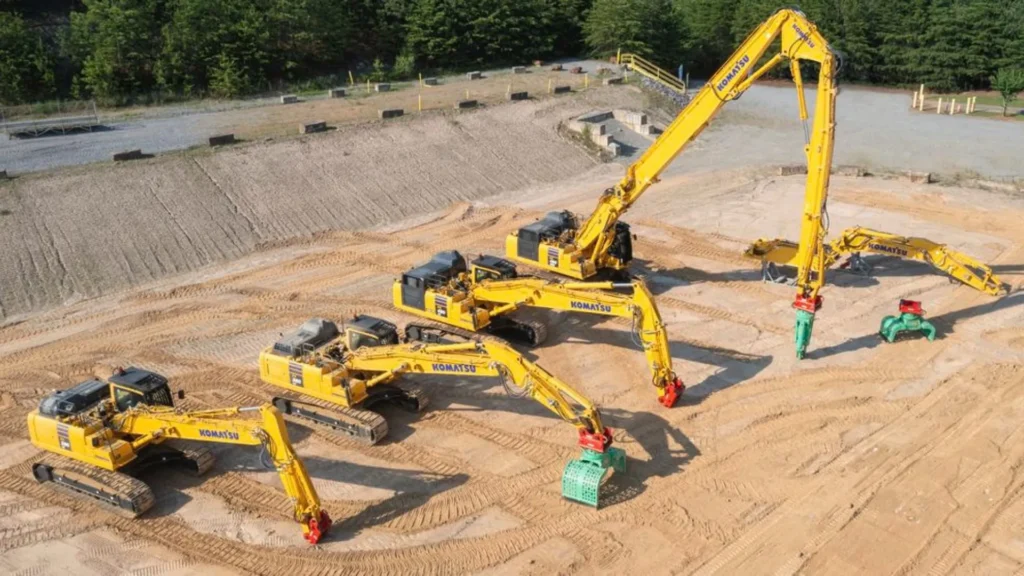
The PC490HRD-11 excavator can reach heights of up to 104 feet, facilitating demolition work on large structures.
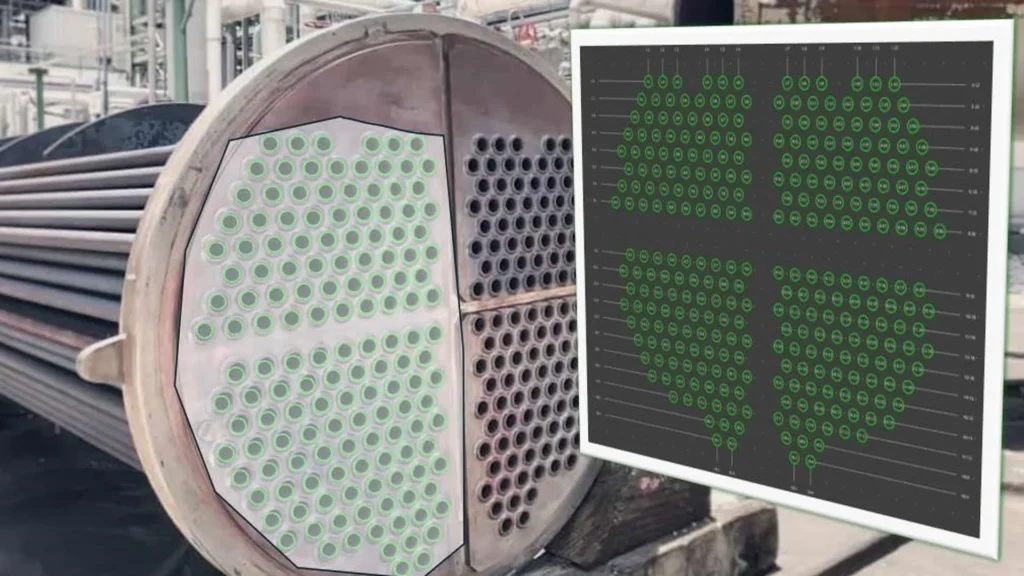
TubePro software provides an easy-to-use interface for detailed tube sheet inspection and analysis.
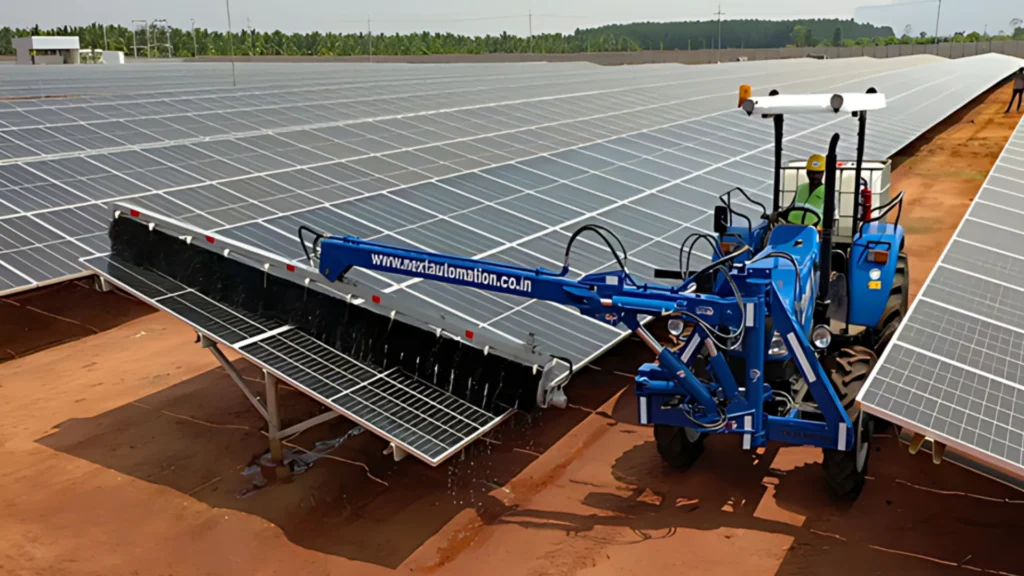
The solar track uses only one third of the water that would be used in a manual cleaning, coming from a pressure washer.
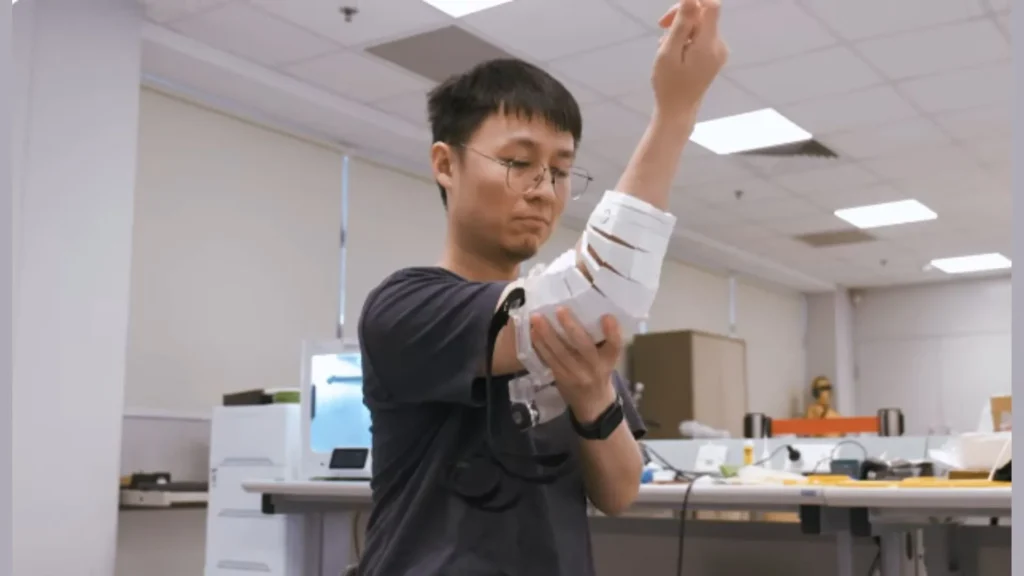
RoboFabric can increase its stiffness by more than 350 times, offering unprecedented support in medicine and robotics.
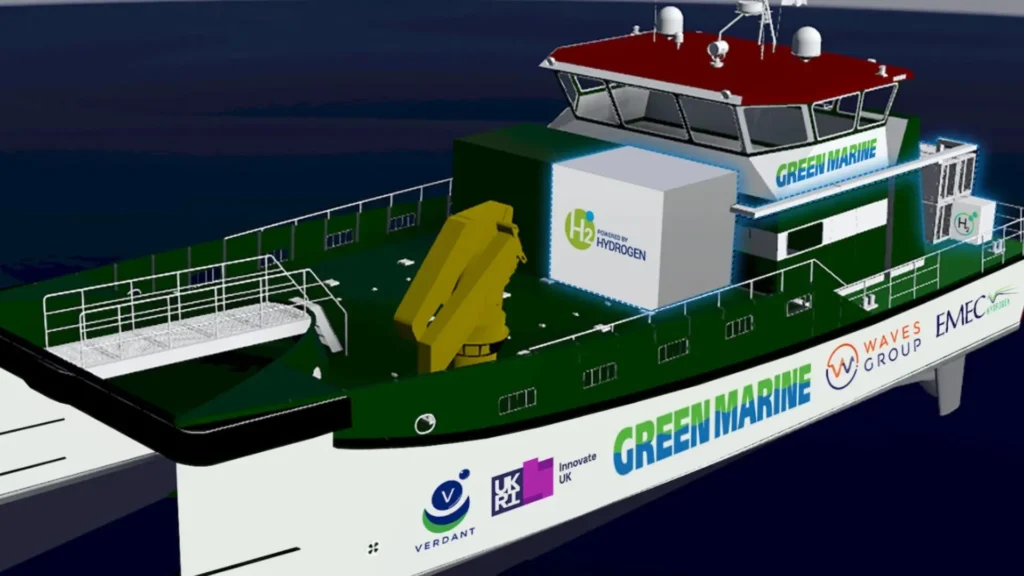
The global maritime sector generates 940 million tons of CO₂ per year, 2.5% of global emissions.
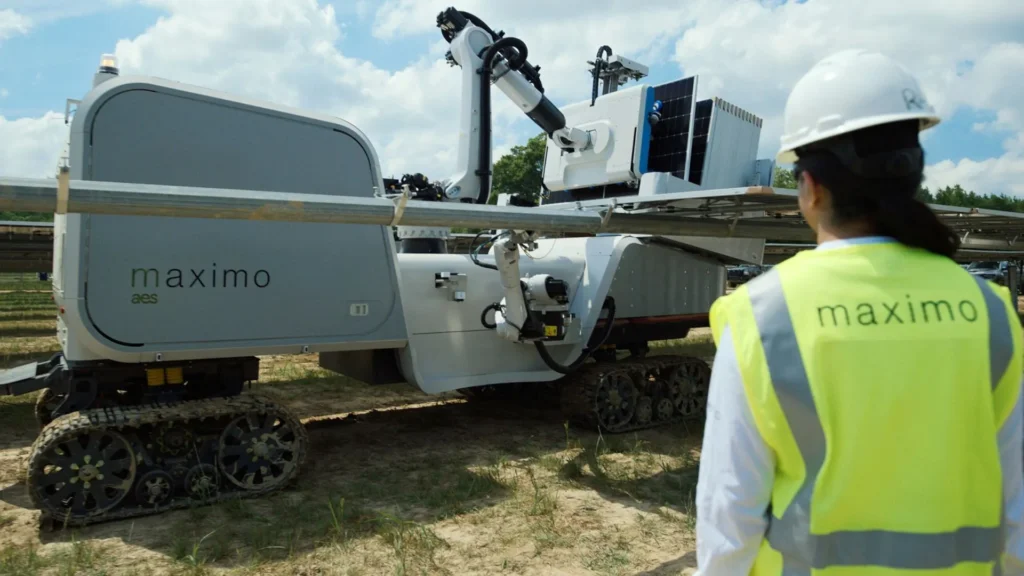
Maximo is the first solar installation robot to successfully install nearly 10 MW of solar power, with a target of 100 MW by 2025.
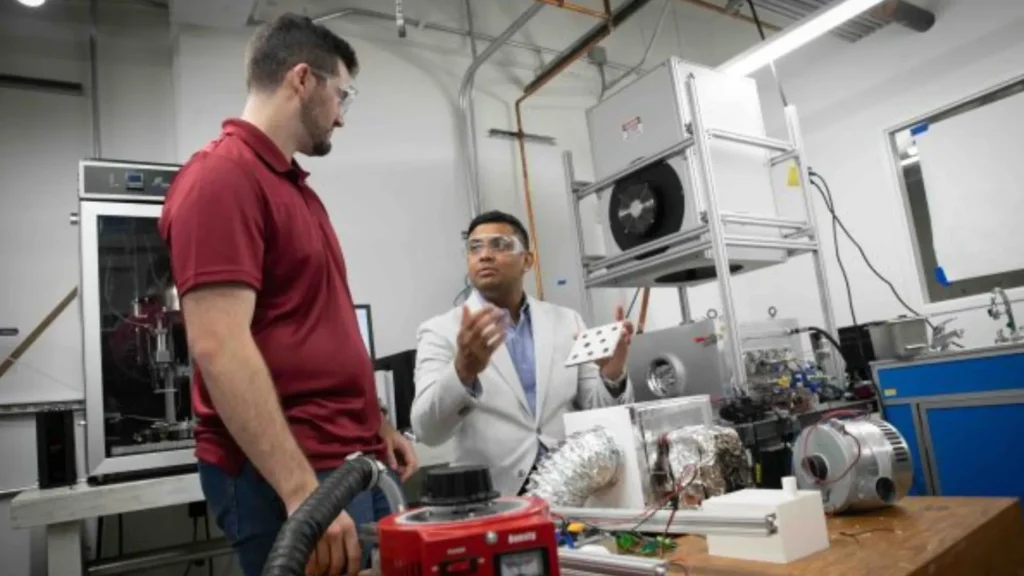
The device can generate up to 5 liters of water per day per kilogram of adsorbent material, using a surface area equivalent to two soccer fields…
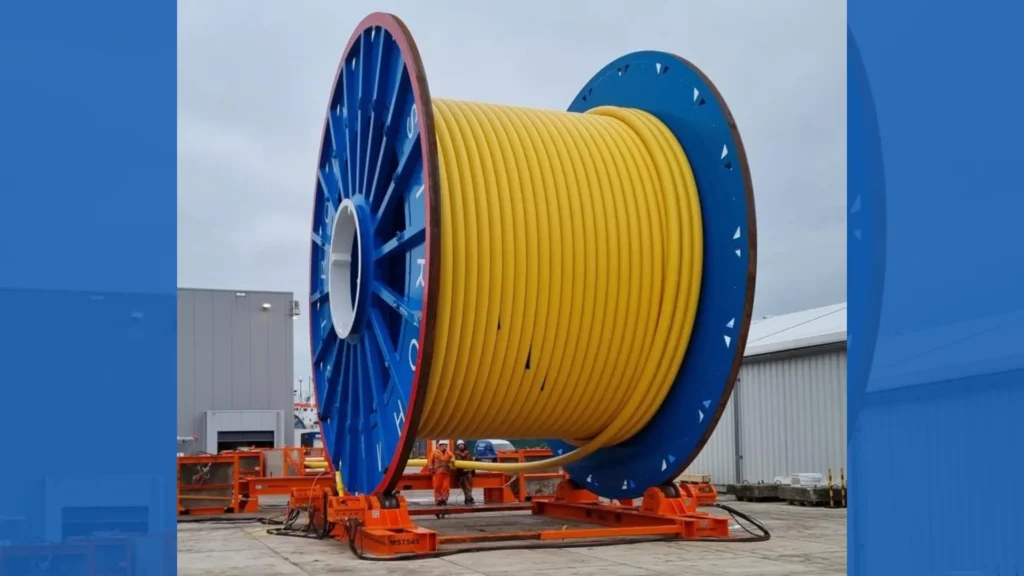
This is the first time TCP technology has been used for ultra-deepwater flowlines, according to Strohm.